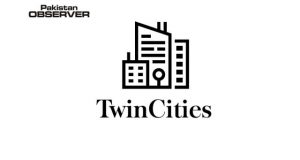Health experts on Wednesday advised the general public to avoid “oily unhealthy products” as consuming large quantities of food or an unbalanced diet in Iftar could lead to stomach upset and intestinal disorders that may worsen existing health conditions.
A Clinical Nutritionist Dr. Taiyba Sultana talking to a private news channel recommended that due to the long hours of fasting in summer, citizens should consume slow-digesting foods including fiber-containing foods, adding people should walk regularly after breaking fast to keep themselves from many stomach-related issues.
“Ramazan is a period of spiritual reflection and anyone suffering from chronic diseases like diabetes, high blood pressure, heart failure, lung diseases, and arthritis or those taking medications, require more planning and discipline to observe the fast”, she further mentioned.
She warned that a bad diet in Ramazan can result in indigestion, upset stomach, heartburn, bloating, belching, nausea, low energy levels, and unwanted weight gain.
Excessive oily product use at iftar and seher can lead to weight gain, she said, adding, by following health experts’ recommendations, the month of Ramadan can have health benefits such as weight loss and reduced blood pressure. Another health Nutrition Dr. Atta Ur Rehman said that people with diabetes must limit foods that are high in saturated fats such as ghee, samosas, and pakoras.
Patients must check their glucose levels whenever they experience symptoms of hypoglycemia or hyperglycemia (high blood sugar), he recommended .
Replying to a question, he said Covid-19 and diabetic patients with no or mild symptoms could keep fast after consulting their physicians, adding that people with moderate and severe illnesses should be in hospitals, where they should receive treatment under the supervision of experts.
He also urged people to eat fruit, vegetables, milk-based products, especially yogurt, and drink plenty of water to prevent themselves from stomach gasses, acid reflux, and other gastric problems.










